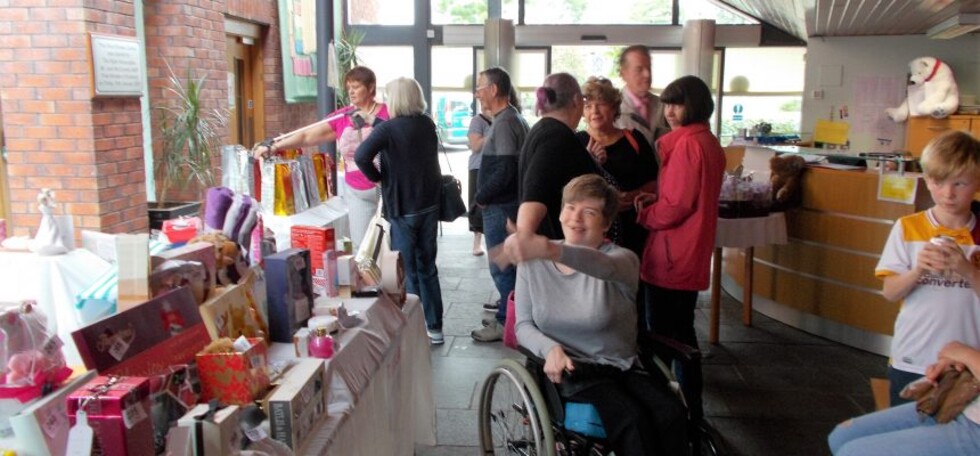Self Direct Support:
Self- directed support (SDS) allows people to choose how their support is provided, and gives them as much control as they want of their individual budget.
Put simply, SDS is the support a person purchases or arranges, to meet agreed health and social care outcomes.
SDS includes offers a number of options for getting support. The person’s individual (or personal) budget can be:
- taken as a Direct Payment (a cash payment)
- allocated to a provider the individual chooses (sometimes called an individual service fund, where the council or funder, holds the budget, but the person is in charge of how it is spent)
- or the council can arrange a service.
Individuals can choose a mixture of all 3 for different types of support.
Who can access SDS?
In Scotland, under the current law, people can have a direct payment where they are assessed as needing a community care service. There are a few exclusions.
People who are eligible for support, for their social care or health and social care, can direct their own support. There are some limited circumstances where SDS and your council will be able to tell you about these.
How do I get SDS?
If you already get support, your next review of your support plan should give you time the opportunity to think about SDS.
If you don’t already get support, get in touch with your local council to ask about support you may be eligible for.
How am I assessed for SDS – what is the process?
As part of the assessment -or review – of your support needs you will be asked to think about the outcomes that are important to you. This might be through completing a supported self-assessment or self-evaluation questionnaire.
You will have a discussion about whether you can manage SDS and what kinds of support you need to be able to do this. You must have arrangements in place to manage the necessary paperwork, either alone or with help.
Help is available from your local support service. You will also need to satisfy the council that the support which you intend to buy will meet your agreed outcomes.
For disabled children, the council must be satisfied that the services bought will safeguard and promote the welfare of the child.
In addition, if you plan to employ staff, you will need to show that you willmeet your legal requirements as an employer.
No-one needs to take control of their budget if they don’t want to.
SDS allows everybody to choose the way their support is provided but no particular option should be imposed on anyone.
Can I buy short breaks/respite?
Yes, respite is a short break which is to act as a positive experience for the person with support needs and the carer, where there is one. The term includes a wide range of different services of limited duration. The common factor is not what service is provided, but its purpose. Respite can be offered in a wide variety of settings, including breaks in residential homes, respite-only units (e.g. specialist guest houses), breaks in the home of another individual or family who have been specially recruited, breaks at home through a support worker or sitting service, or holiday type breaks.
When SDS was first introduced in April 2014 many of our guests affected or about to be affected were confused and had many questions – from the assessment process to anxiety about additional financial responsibilities and management of funding. These general concerns were discussed at length by the Phew Management Board with the result of an Information Evening being held. Around 50 carers attended and the evening proved to be very informative with feedback from those attended being very positive with the overall feeling that there had been excellent information passed on and a good opportunity to air questions.


